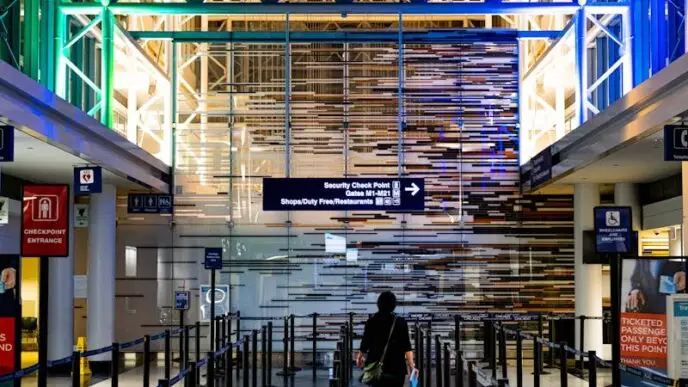In a landmark decision that will empower travelers nationwide, the Federal Trade Commission (FTC) has introduced a new rule that mandates hotels to disclose all fees upfront. This effectively eliminates the common practice of hidden resort charges, giving travelers complete clarity on total costs when booking their stays.
Hidden resort fees, often dubbed as ‘drip pricing,’ have long been a thorn in the side of consumers. These unexpected charges, added at the point of payment, have been a source of frustration and confusion for many travelers. However, with the new FTC rule in place, the hospitality industry will be required to provide full transparency in their pricing, allowing consumers to make informed decisions and compare options effectively.
A Win for Consumer Rights
The FTC’s new regulation is seen as a significant victory for consumer rights. For years, consumer advocacy groups have been lobbying for greater transparency in hotel pricing. The introduction of this rule indicates that their efforts have not been in vain.
According to the FTC, the new rule is designed to “prevent deceptive and unfair practices in the hospitality industry.” The commission has stated that all costs associated with a hotel stay must be disclosed upfront, including resort fees, service charges, and other mandatory costs. The rule will be enforced nationwide and is expected to have a significant impact on the way hotels conduct their business.
Impact on the Hospitality Industry
The hospitality industry, which has largely resisted such a move, may now face significant changes in its pricing strategies. Critics of hidden resort fees argue that they enable hotels to advertise lower room rates than they actually charge, misleading consumers and making comparison shopping difficult.
The American Hotel & Lodging Association (AHLA), however, has previously defended the practice. They argue that resort fees allow hotels to offer amenities that guests value, such as Wi-Fi, fitness centers, and business centers. The AHLA has also claimed that the practice is widespread in other industries as well.
Despite this resistance, the FTC’s rule is expected to bring about a paradigm shift in the industry’s pricing strategies. Hotels will now have to adapt to a more transparent pricing model, which could potentially lead to increased competition and lower prices for consumers.
Empowering Travelers and Enhancing Trust
The new rule will undoubtedly empower travelers, who can now make informed decisions without worrying about unexpected costs. This will enhance trust in the hospitality industry, which has been tarnished by the controversial practice of hidden resort fees.
The rule will also likely encourage travelers to spend more freely. A study conducted by the FTC in 2017 showed that hidden fees significantly impact consumer behavior, with many opting to spend less due to potential surprise charges. The elimination of these fees could therefore lead to increased spending in the hospitality sector.
The FTC’s new regulation is a significant step towards greater transparency in the hospitality industry. As travelers prepare to hit the road again in the wake of the global pandemic, this rule will ensure that they can plan their trips with greater confidence and clarity.















